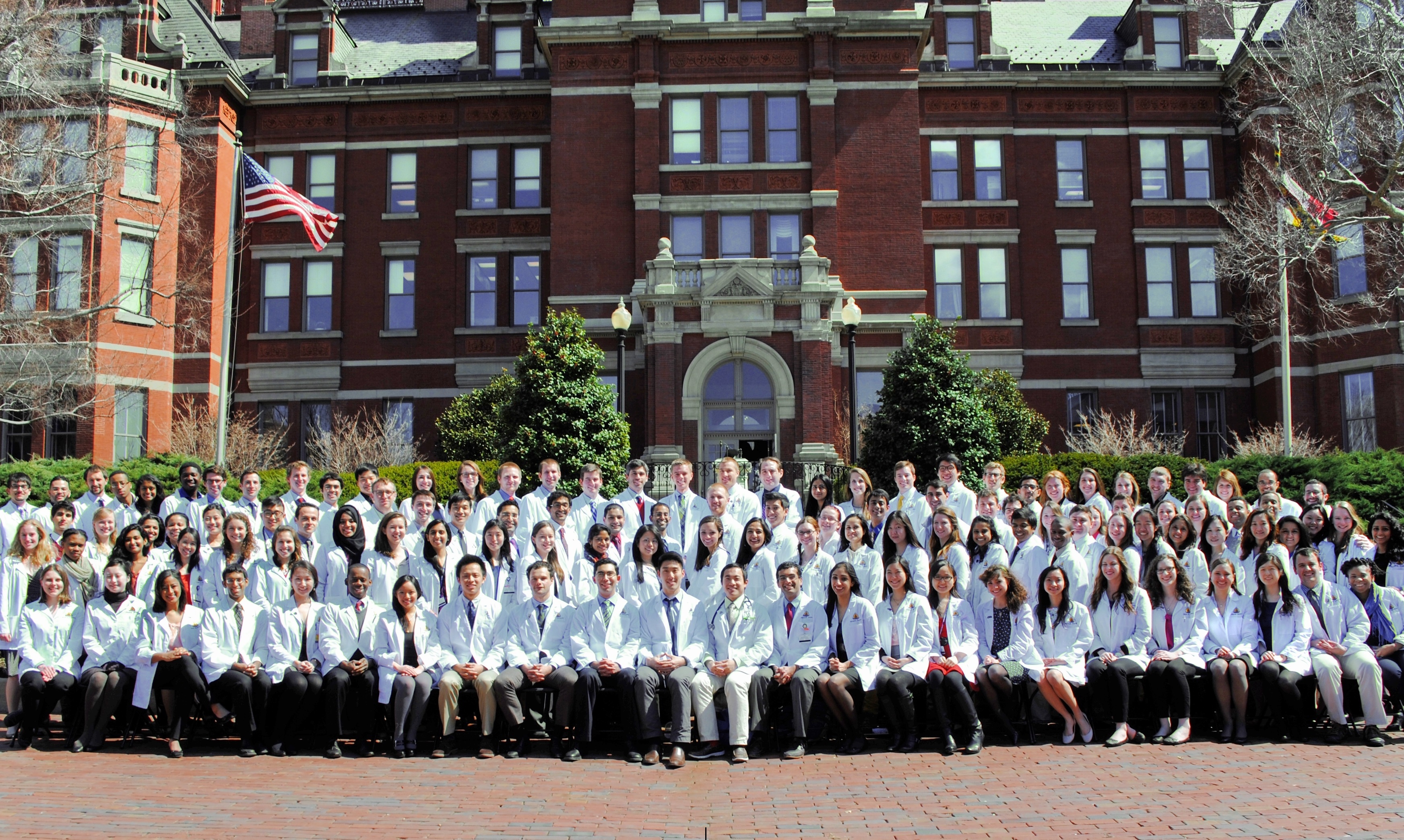Dear Doctor,
I hear you when you speak of that girl in the hospital ward. The ‘overdose in bed three.’ I hear the harsh judgements sneering through your lips, the sighs and the mutterings of ‘what a waste of life.’ As a student, I am all too privy to such remarks made in the corners of these hospitals. I have fallen upon them again and again.
Please do not be so quick to stereotype. Do you know how it feels to have your mind infiltrated by such intense emotions of self-hatred and loathing? Do you know how lonely it can be to lie curled within the four walls of your bedroom, just you and your mind waged in an eternal battle?
Yes, I realise how cliché that sounds. I know you have just come back from speaking to a young gentleman who has been paralysed. I know you have spent your years dealing with the terminally ill, holding the hands of the dying as you speak to a family overwhelmed with grief.
How can a teenage girl compare? Yes, she may appear to have everything. But aren’t humans’ more than just molecules and proteins? Don’t we all have dreams and desires of our own? What is it that makes us human? Our relationships, our goals, our ability to connect with one another. How would you feel to have these vital components torn away from you? No, it is not the equivalent of the man next door whose wife has just died. But that does not mean that she does not deserve your attention and your respect. You may have lived through the battles of the emergency department, the grievances of the families, the diagnosis’s of tumours to children barely in their teens. But she has not.
Look at her, sitting on the bed, her head bent over her lightly covered shoulders. Look at her, fingers fidgeting with the bed sheets, unsure what to touch or who to speak to. She is scared. She is in a new place. There are bright lights glaring down upon her, strangers rushing past her, eerie machines beeping at her. And inside her mind, the battle is continuing to rage. Look at the scars glistening upon her skin as she cowers in a blanket, trying to hide her wounds from the world. Aren’t those battle scars as well?
Imagine how it feels to have a mass of doctors suddenly gathering around your bed, all looking upon you with pity. Do you realise how exposed it can feel to be probed with such personal questions? The intricacies of your mind held open for a stranger to dissect.
‘Do you have any plans to end your life?
What methods have you thought about?’
She needs a friend. She needs someone to take her hand and ask her how she is feeling. Forget the Fluoxetine, the charts filled with drug doses. It is not a prescription pad that she needs. She needs a human touch.
I know she cannot hear you as you make your curt remarks. I know you will walk towards her filled with smiles and concerning eyes. I have seen that gentle handshake that you have mastered over the years, the slight pitch in your voice as you gently prod your questions. There is no doubt that you have a bedside manner. And within one minute you are gone, the prescription chart left upon her bed for the nurse to dispatch the drugs. The girl still sits there, her posture unchanged, unsure if the conversation had taken place.
I know you are busy. I know you have a team of doctors to command, a list of patients to see, a hospital to run. Yes, I know you have sat through hours of exams, studied well into countless nights to get to where you are standing now. I have respect for the devotion you have put into your career.
But please do not forget that young girl. Please remember to hold your tongue the next time you see a teenage overdose. Yes, to you it is another statistic to keep record of, another prescription to fill out. But to that teen lying in the corner, throwing up the contents of her stomach? She wanted to die just two hours ago. Do you know how that feels? To feel hopelessness so deep, that the future is but one long tunnel, filled with uncertainties and fear. Do you know how it feels to hold a bottle of pills in your hand, staring longingly at the container, at the hope it contains inside?
Yes, she will be fine. She will be discharged within a few hours, another free bed to fill. But please, the next time you come across such despair in someone’s eyes, do just one thing; sit down on the bed beside them, and ask them how they are. Look into their eyes as they speak, and let your whole being be encapsulated by their story. Let them open up to you, with patience and empathy. If someone had done this to them before, do you think they would be in this position now?
Please, the next time you blurt out another cutting remark, a sneer at the cries for attention. Look across the room at your patient sitting there. Look at their posture, their body language, their eyes. Does this look like the sort of person who needs your judgement? Or does this look like someone who needs a listening ear?
Featured image:
Writing with Ink by urbanworkbench





